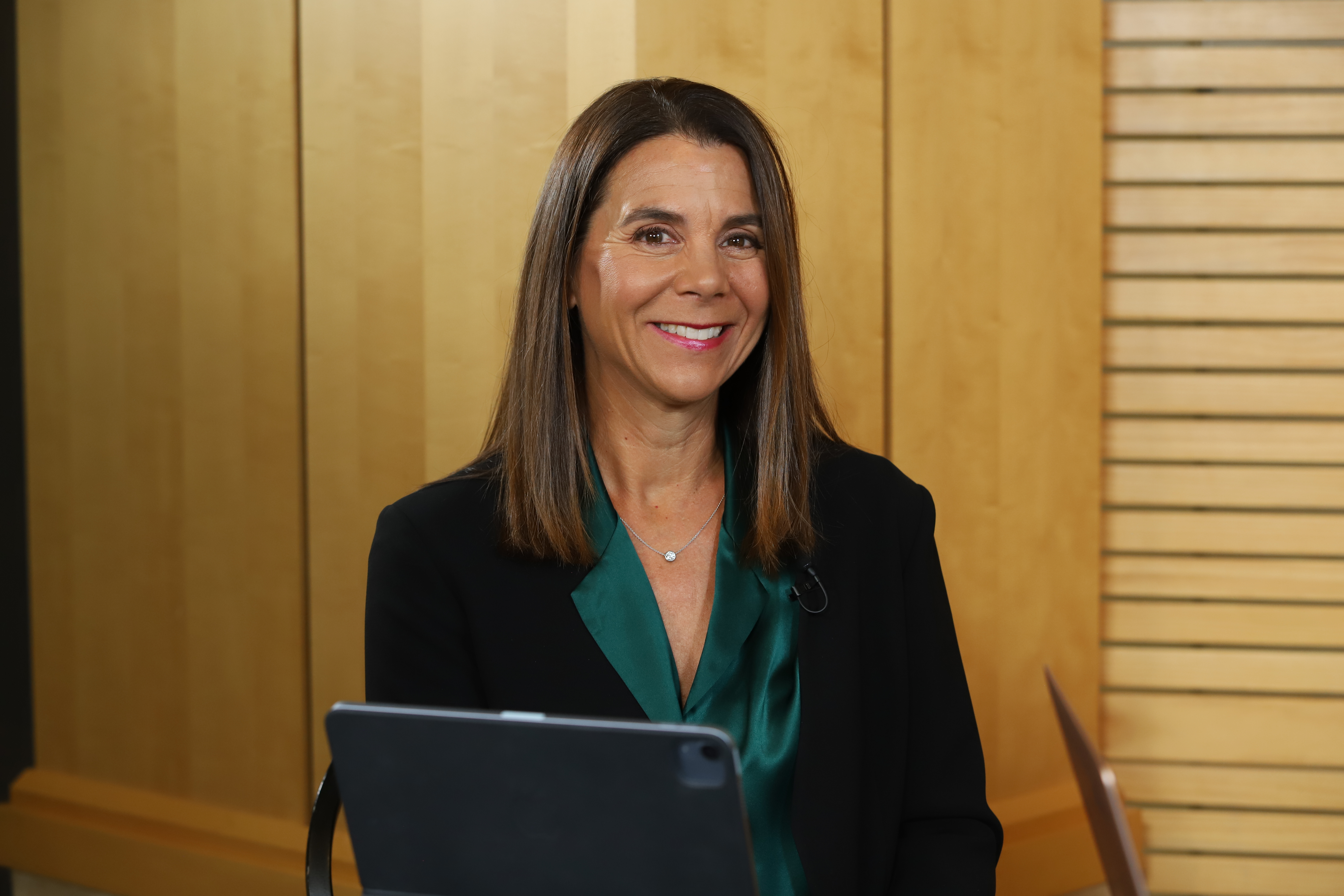 AI
AI
 AI
AI
 AI
AI
Healthcare is an important and hot-button topic that affects virtually every living human being.
This critical need calls for the best and most innovative technology available, consistently adapting to the changing state of healthcare. Using electronic health data and artificial intelligence technologies, hospitals are using technology to predict diagnoses and promote health equity among several other uses.
“We focus on equal outcomes; we want everyone to have the opportunity to have the same outcome,” said Tina Hernandez-Boussard (pictured), associate professor at Stanford University. “Health equity requires that we think about different populations and their different needs, different preferences, et cetera, so that’s what we focus on.”
Hernandez-Boussard spoke with Lisa Martin, host of theCUBE, SiliconANGLE Media’s livestreaming studio, during the Women in Data Science (WiDS) event. They discussed health equity, using AI in healthcare, the future of data science in healthcare, and more.
Using AI for healthcare doesn’t just entail feeding it health-related data. It also involves other areas of data that might predict other patterns. For example, using AI to predict if a patient will be a no-show appointment or using AI to identify areas of healthcare that patients otherwise wouldn’t be able to access.
“There’s been a lot of work in model development and algorithmic fairness. There’s a lot of research on that, but then there’s another piece that we don’t see a lot on, and that’s model deployment,” Hernandez-Boussard said. ”What are the biases when you introduce this into the healthcare system? But the clinicians, how do they understand the data we’re giving them the tools? So we think about the AI and equity along all of those aspects of the AI life cycle.”
Bias is a growing problem with AI, and the healthcare system isn’t exempt. AI learns from the data given to it, which can be problematic or unrepresentative of facts.
“It’s important that we think about, how do we do a better job at capturing data diversity voices from different populations?” Hernandez-Boussard explained. “We need to think outside of the box to think, how do these people want to communicate with us? How do they want to share our data? It’s about trust, because … trust is a big issue with that. So I think there’s a lot of opportunities there to just further develop that.”
Here’s the complete video interview, part of SiliconANGLE’s and theCUBE’s coverage of the Women in Data Science (WiDS) event:
Support our mission to keep content open and free by engaging with theCUBE community. Join theCUBE’s Alumni Trust Network, where technology leaders connect, share intelligence and create opportunities.
Founded by tech visionaries John Furrier and Dave Vellante, SiliconANGLE Media has built a dynamic ecosystem of industry-leading digital media brands that reach 15+ million elite tech professionals. Our new proprietary theCUBE AI Video Cloud is breaking ground in audience interaction, leveraging theCUBEai.com neural network to help technology companies make data-driven decisions and stay at the forefront of industry conversations.